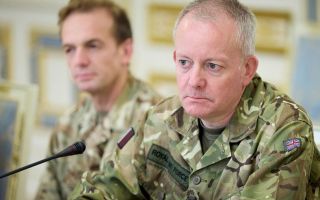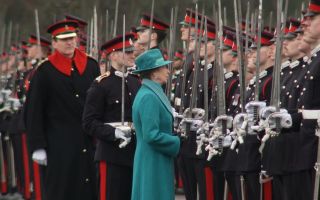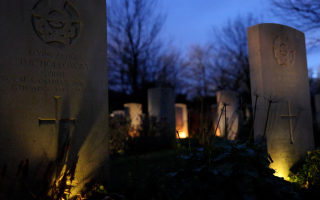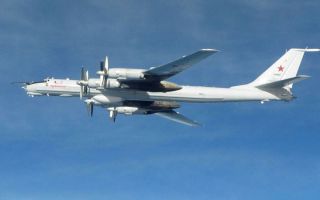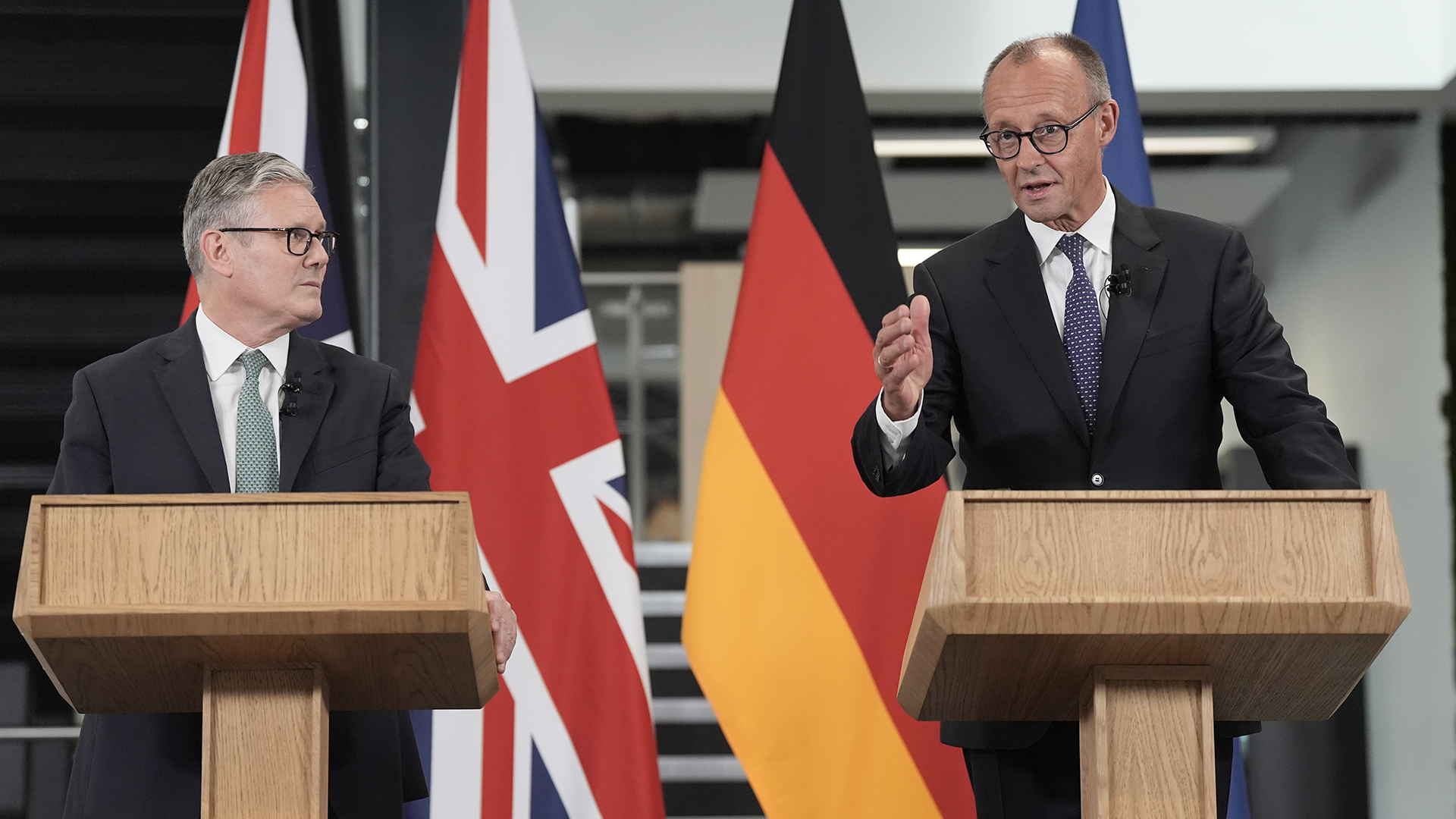
Starmer and Merz sign 'first-of-its-kind since WW2' treaty on defence, Nato and migration

The UK and Germany have signed their first bilateral treaty since the Second World War, committing to deeper defence cooperation, joint military production and reinforced Euro-Atlantic security.
The Kensington Treaty, signed in London on Thursday by Prime Minister Sir Keir Starmer and German Chancellor Friedrich Merz, builds on last year's Trinity House agreement and includes a mutual-assistance clause treating an attack on one as a threat to both.
It marks the strongest bilateral defence commitment between the two nations in modern history.
Joint strike weapons and industrial integration
The agreement sets out plans to co-develop a new long-range precision strike missile with a range of more than 2,000km, expected within the next decade.
Both countries have also committed to strengthening co-production of existing systems, including the Boxer armoured vehicle and the Eurofighter Typhoon.
A UK-Germany Defence Industry Forum will be launched to coordinate procurement, support joint exports, and improve supply chain integration across both nations' armed forces.
Multi-domain security cooperation
The treaty commits the UK and Germany to deepen defence cooperation, with joint work on arms policy and maritime operations.
It also includes deeper exchanges on space and counter-terror security, and improved logistics coordination for military deployments.
Foreign Secretary David Lammy and his German counterpart Johann Wadephul also signed the treaty at the V&A Museum, before the two leaders held talks at Downing Street.
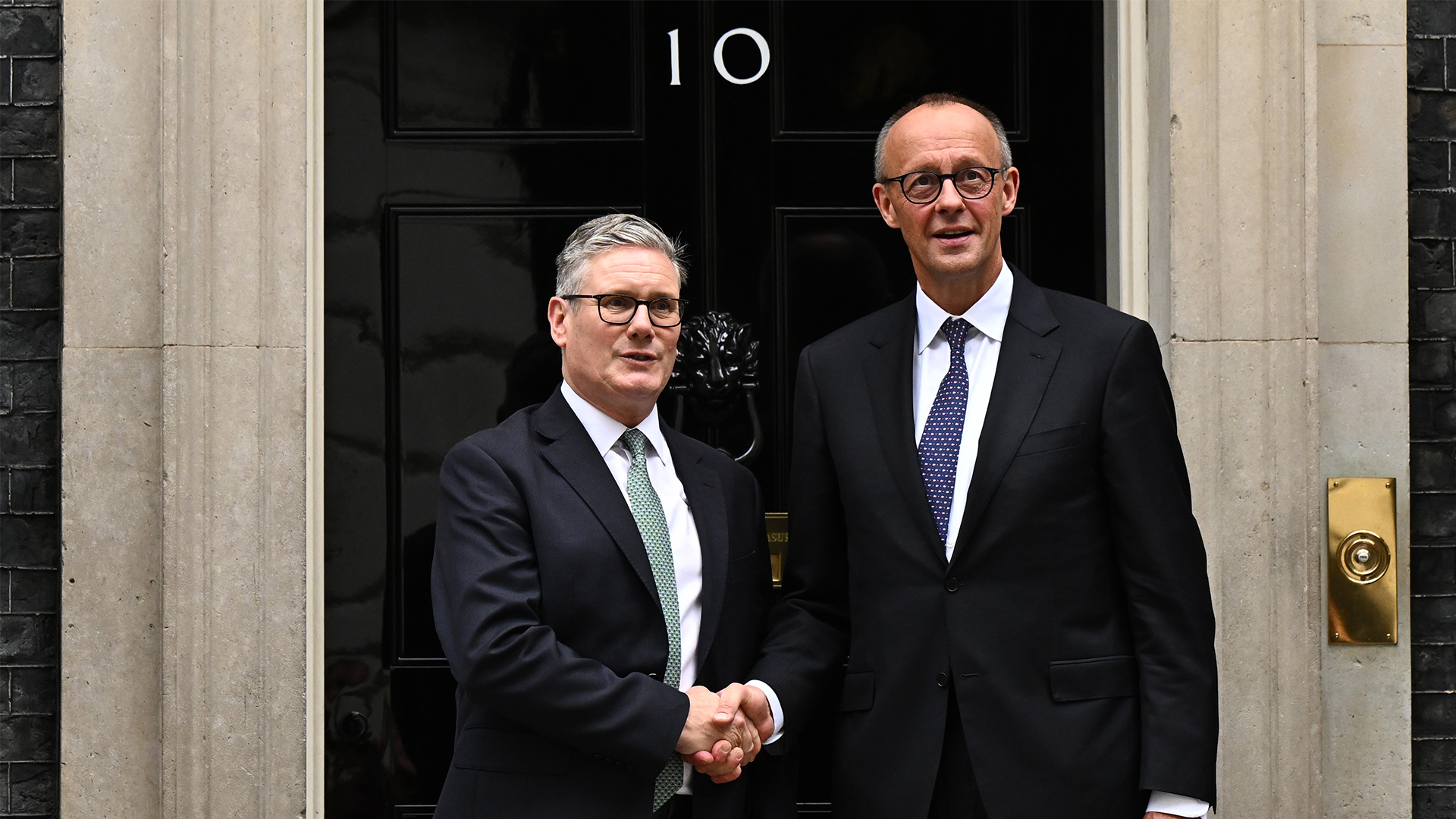
Backing Nato and reducing reliance on US
The treaty signals a desire to build a stronger European defence pillar within Nato, amid concerns about future US political uncertainty.
Downing Street described it as a "significant step" in long-term deterrence and operational readiness.
The treaty reaffirms both countries' commitment to Nato and its allies, and positions the UK and Germany as key partners in joint defence initiatives, including deterrence in Eastern Europe.
Action on people-smuggling and cross-border crime
The deal also strengthens cooperation on organised crime, with a focus on disrupting smuggling networks linked to Channel crossings.
Chancellor Merz has pledged to introduce new German legislation by the end of the year that would make the facilitation of illegal migration to the UK a criminal offence.
"This is a significant step that will give law enforcement and prosecutors the tools they need to address this scandal of small boats, which are destined to cross the Channel, being stored and concealed in Germany," a Downing Street spokesperson said.
A post-WW2 milestone
Speaking at the signing, Sir Keir said: "It's a privilege to have you here today, particularly to sign this Kensington Treaty, which is a very special treaty, because it's the first of its kind ever, if you can believe it, between our two countries."
Chancellor Merz said he had been "surprised" to learn that this was the first formal treaty since the war, adding: "We had you in the European Union and we thought that was enough. But we are now learning that it's not enough, so we have to do more on that."
The treaty also includes measures to expand school exchanges, introduce passport e-gate access for frequent UK travellers to Germany, and establish a task force to explore future direct train services between the two countries.

